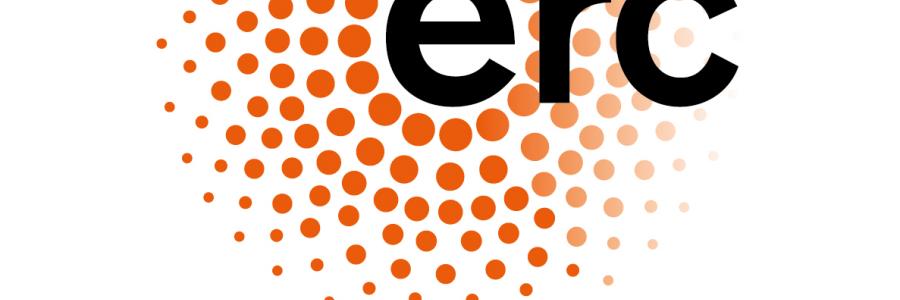
2.5M Euro from the EU Horizon 2020 program to bridge Genetics and Neuroscience
Danielle Posthuma, professor of Complex Trait Genetics at VU Amsterdam and Amsterdam University Medical Center, location VUmc, and holder of a University Research Chair, received the prestigious European Research Council Advanced Grant this week. This is the largest personal research grant in Europe.
In 2013 Posthuma already received a large Dutch personal research grant (VICI). With this new grant of 2.5 million euros, she will develop novel methods and experimental set-ups that can bridge the gap between genetics and neurosciences, applied to brain-related traits. Posthuma will conduct her research at the Center for Neurogenomics and Cognitive Research, at the Beta Faculty of the VU University Amsterdam. She is looking forward to working with a multidisciplinary team of bioinformatics, statisticians and neurobiologists.
Revolution in genetics
The field of human genetics has seen some dramatic changes in the last decade. Posthuma: “The ongoing revolution in this field has taken us from merely being able to calculate what the relative contribution of genetic influences is for a trait, until specifically pinpointing the genes and genetic variants associated with traits. This jump also immediately revealed how “complex” certain disorders are, for example schizophrenia, depression, Alzheimer’s disease and insomnia. These disorders are not influenced by a single gene, but sometimes by hundreds of genes. That complicates further research into how these genes influence the disease.” Designing such follow-up studies that lead to mechanistic understanding of disorders, is one of the major goals of Posthuma’s ERC.
Revolution in neuroscience
Revolutionary developments have also taken place in the field of neuroscience over the past few years, says Posthuma. “For example, we can now look at expression patterns of thousands of genes at cellular level. When we link this knowledge to the new genetic discoveries, we can find out which specific cells play a role in these diseases. The functions of these cells in diseases etiology can then be investigated with recently developed techniques from neurobiology. This will yield mechanistic insight, yielding novel leads for treatment.”
Big data
The data sets with which Posthuma is going to work are very large and very diverse: for efficient processing and especially for linking multiple data sets, she wants to develop new methods that build a strong bridge between human genetics and neuroscience. The newly developed techniques will be applied to multiple brain-related disorders.
See the ERC news page for more information on the ERC Advanced grants 2018 results.